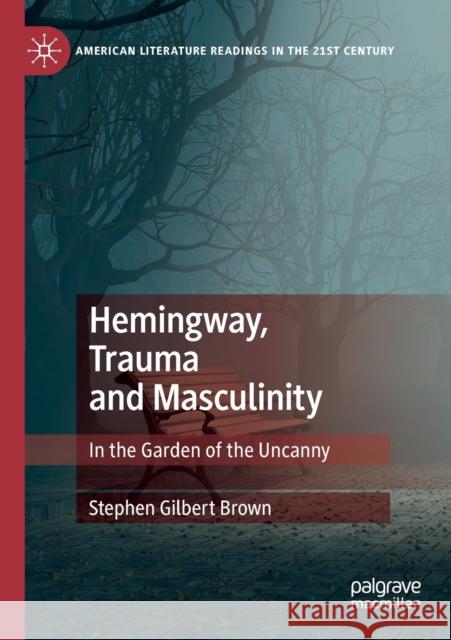Hemingway, Trauma and Masculinity: In the Garden of the Uncanny » książka
topmenu
Hemingway, Trauma and Masculinity: In the Garden of the Uncanny
ISBN-13: 9783030192327 / Angielski / Miękka / 2020 / 306 str.
Hemingway, Trauma and Masculinity: In the Garden of the Uncanny
ISBN-13: 9783030192327 / Angielski / Miękka / 2020 / 306 str.
cena 342,14
(netto: 325,85 VAT: 5%)
Najniższa cena z 30 dni: 327,68
(netto: 325,85 VAT: 5%)
Najniższa cena z 30 dni: 327,68
Termin realizacji zamówienia:
ok. 16-18 dni roboczych.
ok. 16-18 dni roboczych.
Darmowa dostawa!
Kategorie:
Kategorie BISAC:
Wydawca:
Palgrave MacMillan
Seria wydawnicza:
Język:
Angielski
ISBN-13:
9783030192327
Rok wydania:
2020
Wydanie:
2019
Numer serii:
000320720
Ilość stron:
306
Waga:
0.38 kg
Wymiary:
21.01 x 14.81 x 1.7
Oprawa:
Miękka
Wolumenów:
01
Dodatkowe informacje:
Wydanie ilustrowane











